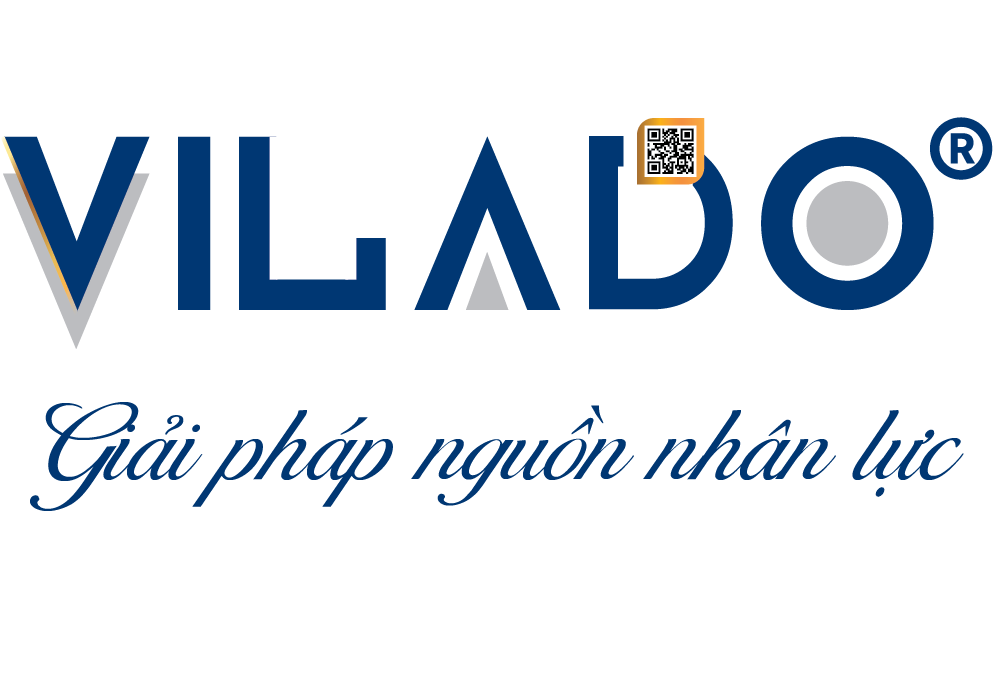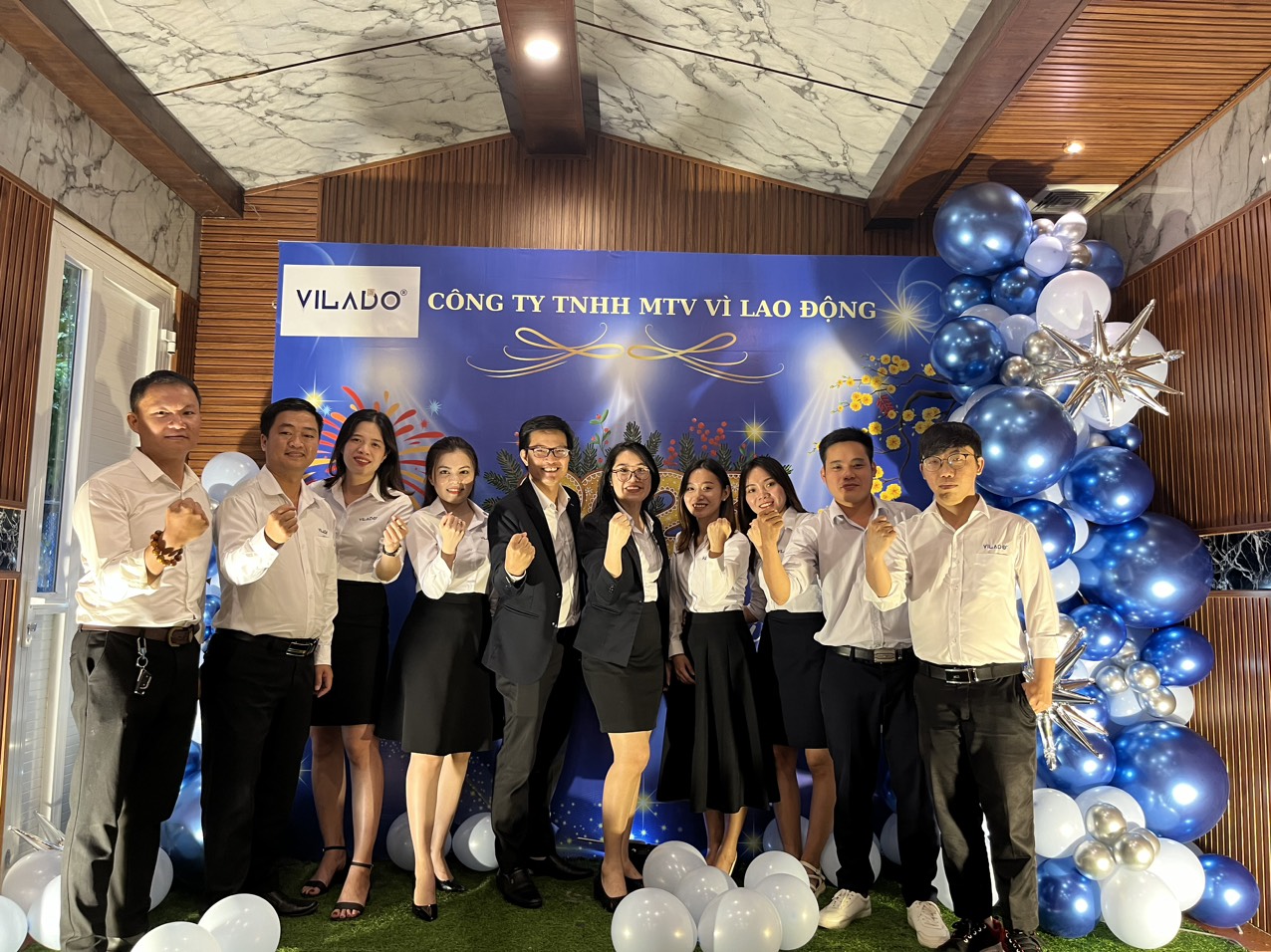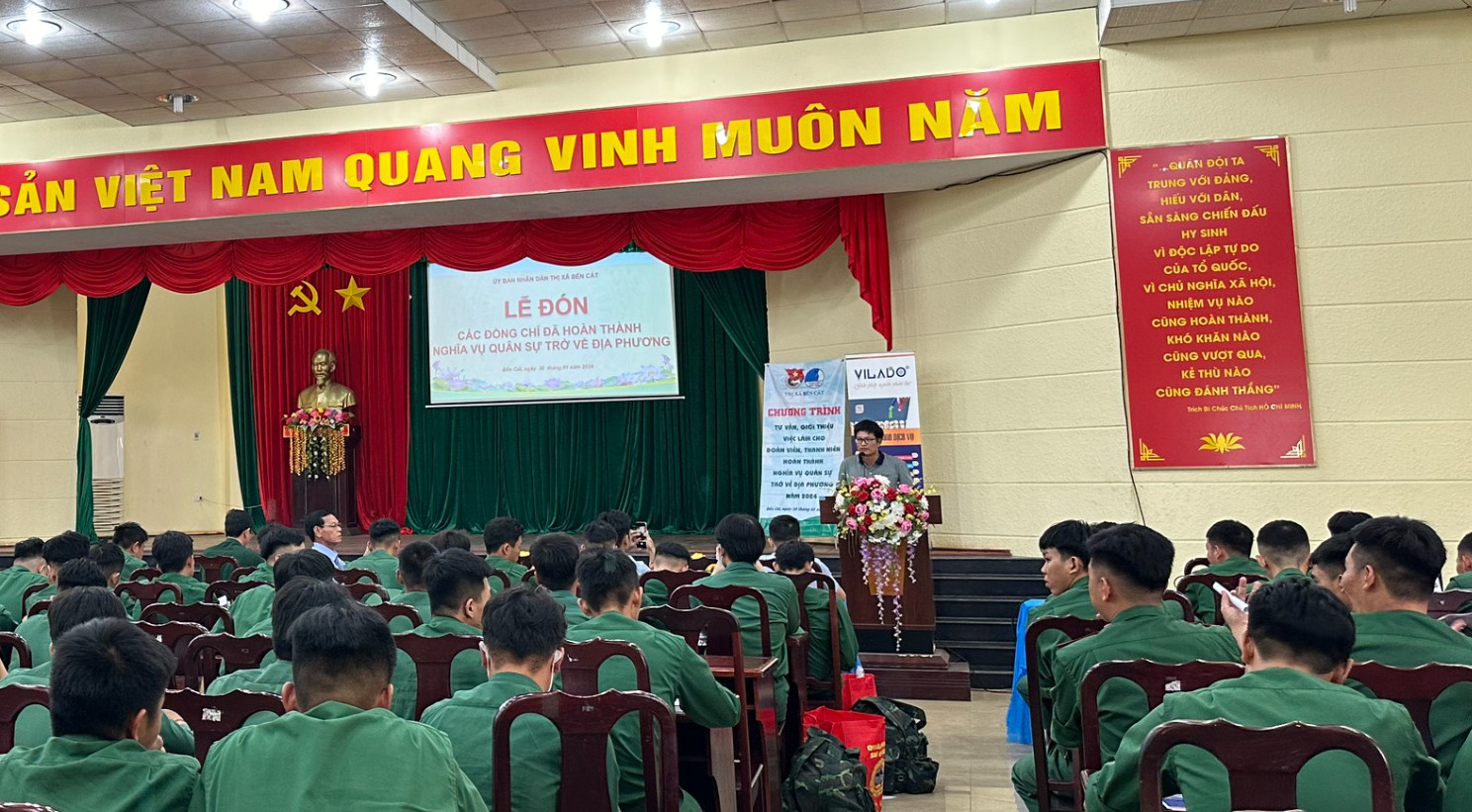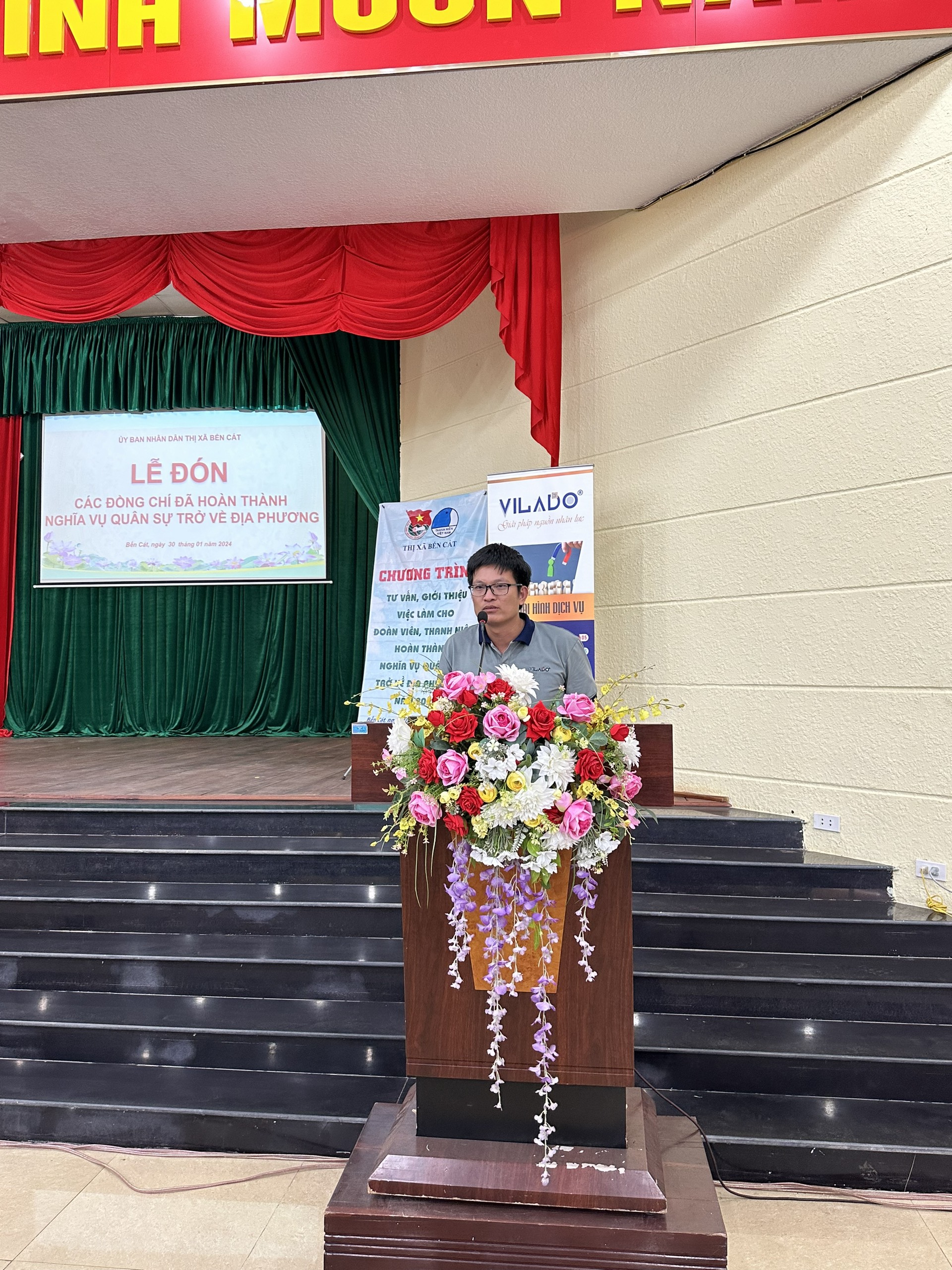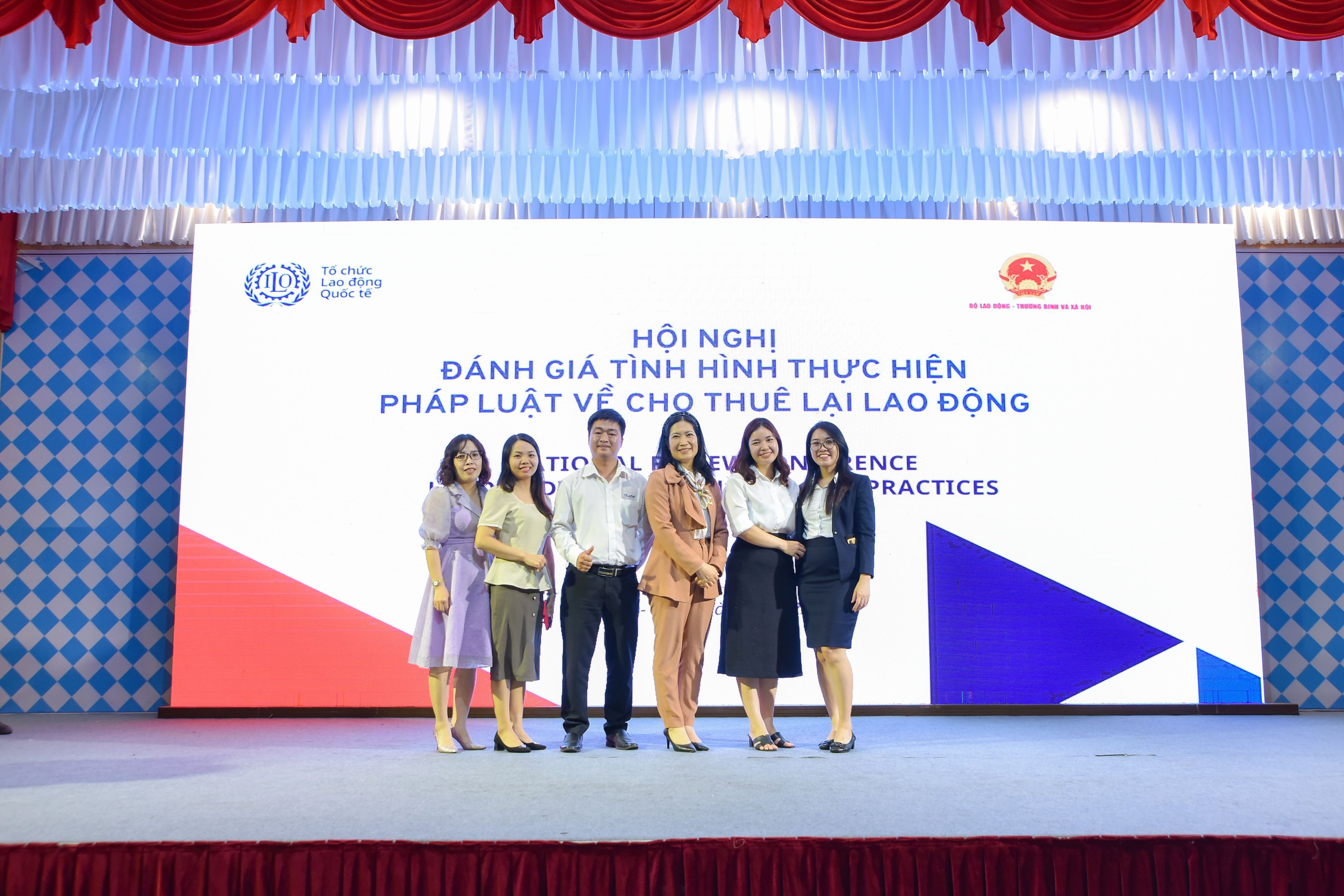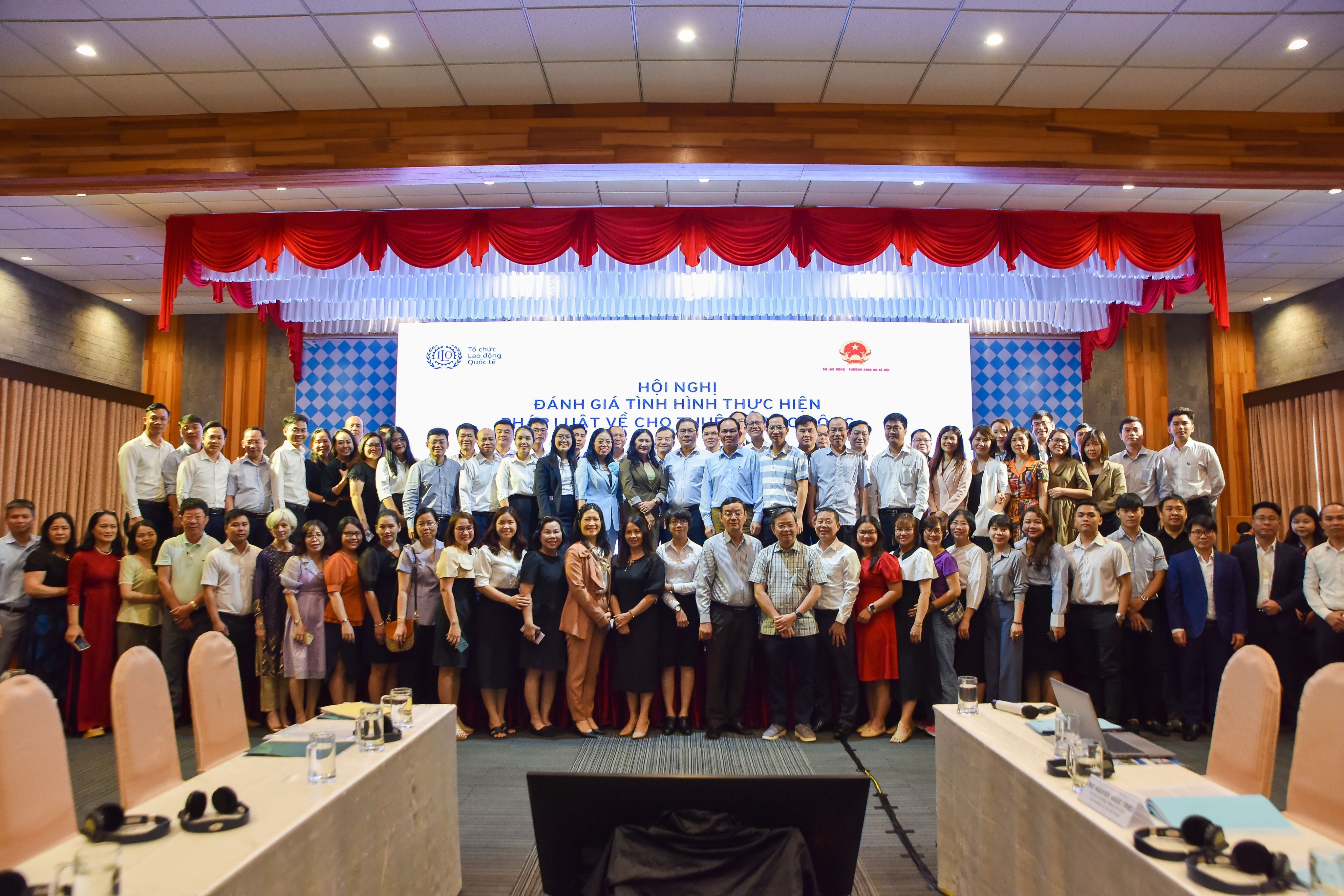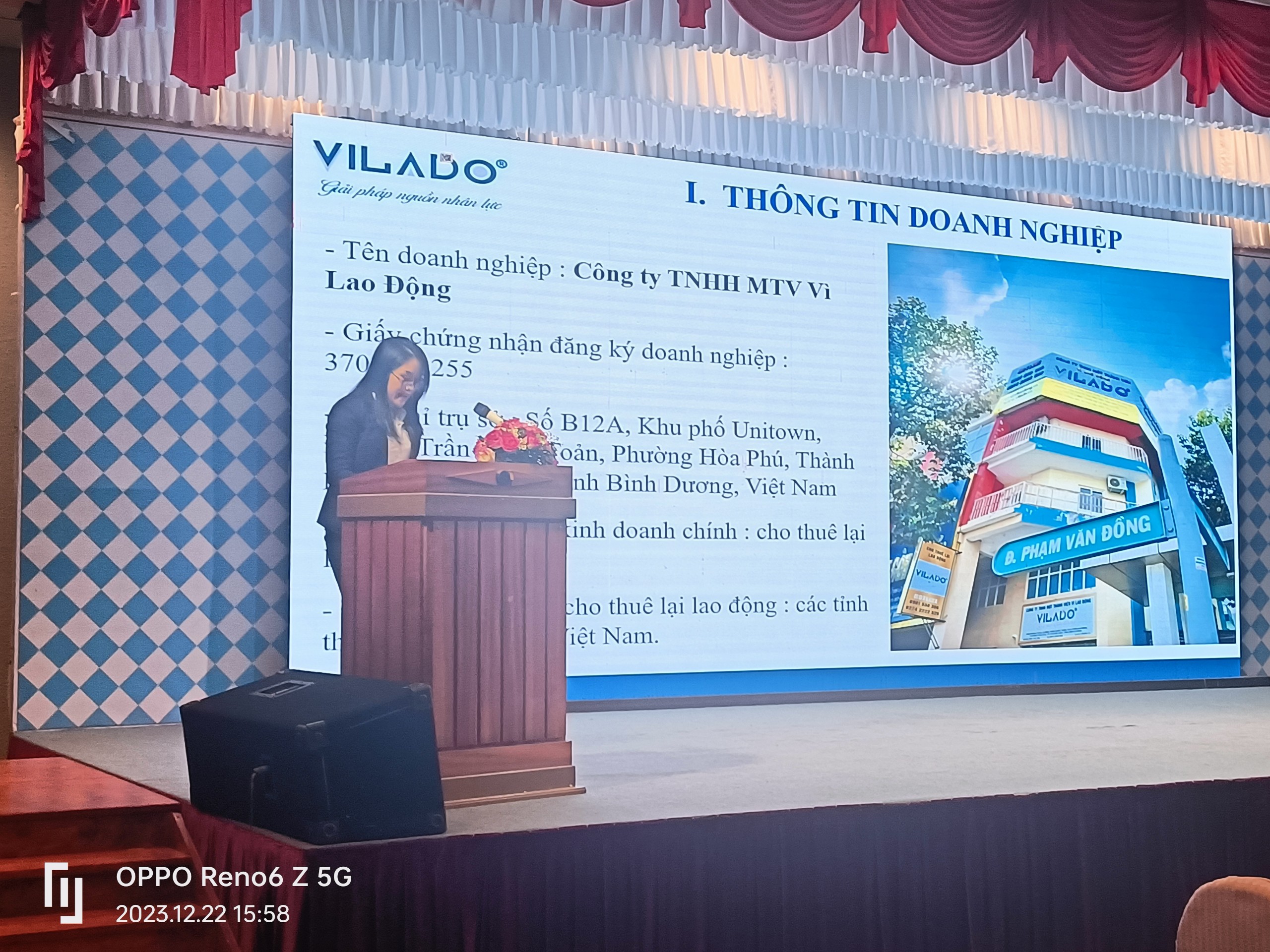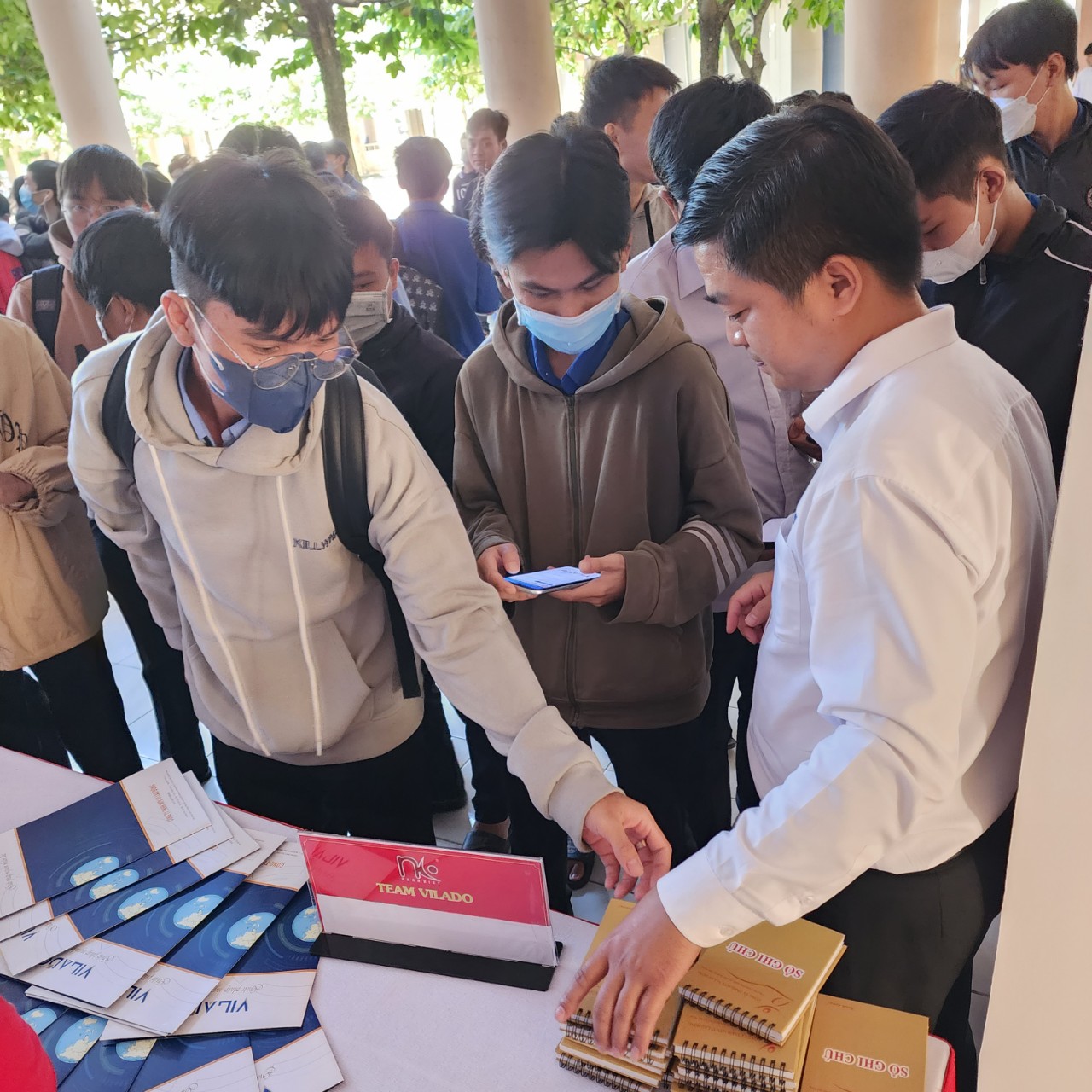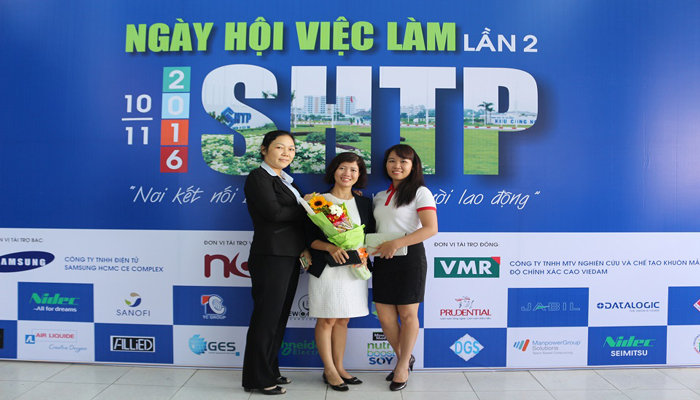VIET NAM LABOR CODE 2012
NATIONAL ASSEMBLY
--------
SOCIALIST REPUBLIC OF VIET NAM
Independence - Freedom - Happiness
----------------
Law No. 10/2012/QH13
Hanoi, June 18, 2012
LABOR CODE
Pursuant to the 1992 Constitution of the Socialist Republic of Vietnam, which was amended and supplemented under Resolution No. 51/2001/QH10;
The National Assembly promulgates the Labor Code.
Chapter I
GENERAL PROVISIONS
Article 1. Scope of regulation
The Labor Code provides labor standards; rights, obligations and responsibilities of employees, employers, employees’ representative organizations and employers’ representative organizations in industrial relations and other relations directly related to industrial relations; and state management of labor.
Article 2. Subjects of application
1. Vietnamese employees, apprentices, trainees, and other types of employee provided in this Code.
2. Employers.
3. Foreign employees who work in Vietnam.
4. Other agencies, organizations and individuals directly related to industrial relations.
Article 3. Interpretation of terms
In this Code, the terms below are construed as follows:
1. Employee means a person who is full 15 years or older, has the ability to work, works under a labor contract, is paid with wage and is managed and controlled by an employer.
2. Employer means an enterprise, an agency, an organization, a cooperative, a household or an individual that hires or employs employees under labor contracts; if the employer is an individual, he/she must have full civil act capacity.
3. Employees’ collective means an organized group of employees working for the same employer or in the same division within the organizational apparatus of an employer.
4. Representative organization of a grassroots-level employees’ collective means the executive committee of the grassroots-level trade union or the executive committee of the immediate higher-level trade union in a non-unionized enterprise.
5. Employers’ representative organization means a lawfully established organization which represents and protects the employers’ rights and legitimate interests in industrial relations.
6. Industrial relation means a social relation arising from the hiring or employment and wage payment between an employee and an employer.
7. Labor dispute means a dispute over rights, obligations or interests which arise between the parties in industrial relations.
Labor dispute comprises individual labor dispute between an employee and an employer, and collective labor dispute between an employees’ collective and an employer.
8. Right-based collective labor dispute means a dispute between an employees’ collective and an employer which arises from different explanations and implementations of the labor law, collective labor agreements, internal working regulations, and other regulations and lawful agreements.
9. Interest-based collective labor dispute means a labor dispute arising from the request of an employees’ collective for the establishment of new working conditions compared to those stipulated by the labor law, collective labor agreement, internal working regulations, or other regulations and lawful agreements reached in the negotiation process between the employees’ collective and the employer.
10. Forced labor means the use of force or threat to use force or other tricks to force a person to work against his/her will.
Article 4. State policies on labor
1. To guarantee the rights and legitimate interests of employees; to encourage agreements providing employees with conditions more favorable than those provided by the labor law; and to adopt policies which enable employees to purchase shares and make capital contributions for production and business development.
2. To guarantee the rights and legitimate interests of employers, to ensure lawful, democratic, fair and civilized labor management, and to promote their social responsibility.
3. To create favorable conditions for job creation, self-employment and vocational training and learning in order to acquire employment, and for labor-intensive production and business activities.
4. To adopt policies on the development and distribution of human resources; to provide vocational training, training, retraining and improvement of occupational knowledge and skills for employees, and give preferences for employees with high professional and technical qualifications meeting the requirements of national industrialization and modernization.
5. To adopt policies on labor market development and diversify types of linkage between labor supply and demand.
6. To guide employees and employers to hold dialogues and collective bargains to establish harmonious, stable and progressive industrial relations.
7. To ensure gender equality principles; to stipulate the labor regime and social policies to protect female employees as well as disabled, elderly and minor employees.
Article 5. Rights and obligations of employees
1. An employee has the following rights:
a/ To
CÁC DỊCH VỤ CỦA VILADO VỀ CHO THUÊ LẠI LAO ĐỘNG
- Sales force Services – Dịch vụ cung cấp lực lượng bán hàng
- Dịch vụ tuyển dụng nhân sự - Công ty VILADO
- Dịch vụ thuê ngoài nhân lực - thuê ngoài nhân sự - VILADO
- Dịch vụ tuyển dụng nhân sự - Personel recruitment – head hunting services
- Quy trình cung ứng lao động tại Bình Dương
- Dịch Vụ Cung Ứng Lao Động Tại Bình Dương của VILADO
- Dịch Vụ lao Động Thuê Ngoài Của VILADO
- Dịch vụ cho thuê lại lao động – Công Ty Vì Lao Động - VILADO
- Dịch vụ ủy thác quản lý
- Dịch Vụ Tính Lương | Payroll Services
- Dịch vụ vệ sinh
Các bài liên quan
- Circular 40/2014/TT-NHNN On Providing Guidance On Payment And Management Of Deposits Made By Outsourcers
- Circular 01/2014/TT-BLDTBXH Detailing and guiding the implementation of a number of articles of decree no. 55/2013/nd-cp of 22/5/2013 of the government detailing the implementation of clause 3, articl







